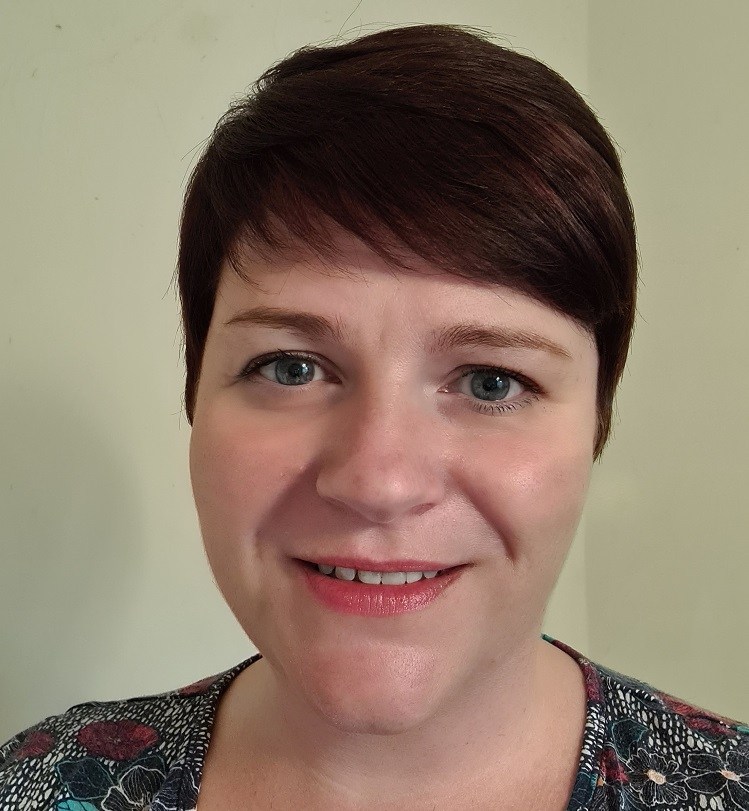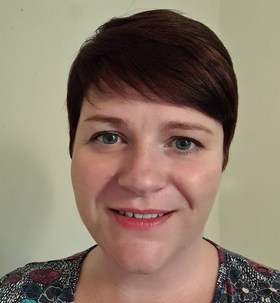Sleep practitioner
Each issue, a different professional shares their expert advice and gives information to help you support your child. This time Nicola, a sleep expert, shares her thoughts.


What does your job involve?
I’m a sleep practitioner for the charity Scope, supporting children with disabilities and additional needs. I also work on the National Deaf Children’s Society’s Raising a Deaf Child course and their sleep information sessions.
How do you work with deaf children and young people?
I work with them to find out what their current sleep issues are and find ways to make sleep better for them. I offer advice about good routines and the science behind sleep.
Why do some deaf children and young people struggle with sleep?
A lot of deaf children and young people struggle with fatigue as they generally have to concentrate a lot harder when at school, chatting with friends or family, or even keeping up with a TV programme. We all rely on auditory cues when we’re asleep, for example hearing when other people are awake, if the birds are singing or an alarm. Not hearing these things can cause people anxiety about not waking up on time or a fear that they’re missing something exciting or have lost the comfort of knowing someone is nearby. This anxiety can affect sleep.
How does a lack of sleep affect someone?
When we’re sleeping, our bodies grow and produce hormones and our brains make sense of the things that we’ve experienced during the day. A lack of sleep can make all these things difficult and impact on our concentration and alertness, which impacts all aspects of life.
Many deaf young people are struggling with sleep at the moment, why do you think this is?
Technology is the biggest barrier to sleep today. Phones, TV and games all emit a blue light which stops the production of melatonin (the hormone which we release to sleep).
The pandemic caused a lot of sleep disturbance as children and young people fell out of routine and, in a lot of cases, weren’t outside as much. Being in the daylight really helps our sleep and wake cycles.
What are your sleep top tips?
- Turn your technology off an hour before bed.
- Try having a snack which contains tryptophan, an enzyme that our bodies convert into melatonin. You can search online for a list of foods that contain tryptophan; bananas, porridge and chicken are all good sources.
- If you have a light on outside the room, make sure it stays on all night. If your child wakes and things look different then they are more likely to be startled and awaken fully.
- Sign up to one of the National Deaf Children’s Society’s sleep sessions.
For more advice on sleep, Nicola recommends visiting The Sleep Charity and Scope's Sleep Right support service.
